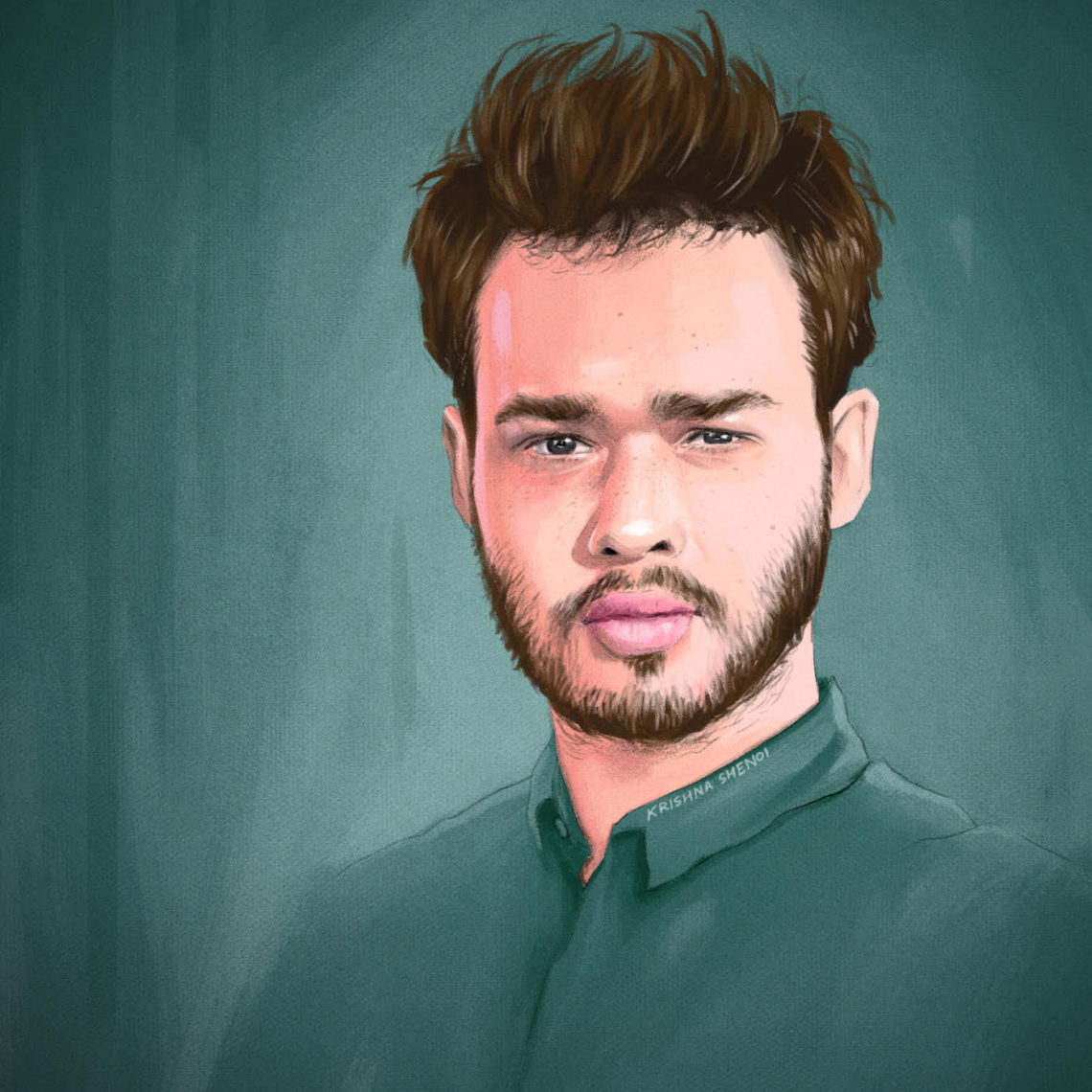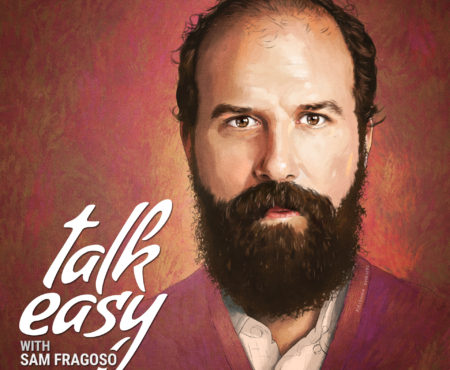Check out the new episode of Talk Easy with Sam Fragoso, where he interviews up-and-coming musician Donnie Trumpet; as a teaser, enjoy the following transcript of a brief portion of the episode.
Donnie Trumpet: I went to grade school with Vic [Mensa], he went to Lincoln in the IB program with me.
Sam Fragoso: Really? What was he like back then?
DT: Man, we were crazy, but we were always music-heads, you know. He put me onto a lot of music early on, a lot of underground hip hop stuff that I love, like Souls of Mischief and stuff. Man, just music in general, a lot of funk music because we were break dancing at the time.
SF: In grade school?
DT: Yeah, we would go to this place called Alternatives and there were kids who were practicing graffiti, and then we would like get break-dancing lessons kind of, or just like jump around, do our own thing and watch people go crazy.
SF: Shit. You were having a good time as a kid.
DT: Yeah, definitely, and the whole time I was walking around with this big case, this trumpet case everywhere we went all over the city, taking the train and the bus everywhere. That was always the thing for me growing up in Chicago, public transportation was a really big part of growing up. I learned every street and every number of every street really early on. I can recite every single one of them and the number.
SF: I regret not having that. My dad grew up inner-city. You know the movie The Warriors? He would play a game where all of his friends–this is pre-GPS, pre any of that, this is like the late seventies, early eighties–would go downtown, and they’d be on a train and they’d just get lost somewhere together. Then they’d say, “Alright, we’ve got to get home now. How do we get home now? And you can’t take that train you just got. How do we get home?” And they learned the city that way. In hindsight it was maybe a little unsafe because Chicago back then was…well, it’s not great now, but…Why did I mention all that? Oh yeah, because you’re saying it’s a big part, and it is.
DT: Well, I just lived really far away from everything and all the schools that I ever went to were at least 45 minutes away via train and bus and multiple blocks of walking. You learn a lot about the city, you learn a lot about your neighborhood.
SF: You’re just seeing so many people.
DT: Yeah, you just see shit.
SF: I think one of the problems with living here, in Los Angeles. You’re driving everywhere. I don’t go on public transit, I don’t know almost anyone. There’s not enough life that you’re taking in, almost. I think it shows in your music, though, because it’s not just one thing, it’s a whole city that you’re consuming and then distilling it into your own sound. I think that’s fascinating.
DT: Exactly. And the whole time that I’m on these trains I’m constantly listening to music or I’m constantly practicing. My teacher, McLaughlin, used to say that you can always be practicing. There’s always something that you can be doing. Even right now when we’re sitting here talking, I’m thinking about a million different things going on. I’m thinking about the notes and the timbres and I’m thinking about the EQ that Corey’s gonna be fucking with later. I’m thinking about all that shit. There are different feet and coordination exercises, there’s breathing exercises, so I would be on the trains like, ta-ka-ta-ka-ta-ka-ta-ka, doing all these super weird tonguing exercises and shit. I definitely would look like a crazy person.
SF: Did the train give you a lot of time to both create and think as a kid?
DT: Yes, I am a thinker. A lot.
SF: Too much?
DT: The train was the first place that I would listen and really analyze the music that I was listening to, because I really had nothing else to do and I didn’t want to do homework or read a book because it hurt my head. I would just listen fervently. Feverishly listen and analyze what I was listening to and what I liked about it and simultaneously [be] looking outside at my city passing in the windows. It was the first place I started writing, too, because I did poetry for a long time and that was how I met a bunch of the people that I still make music with today, including Chance.
Music provided by Vanilla.
You can subscribe to the show on iTunes.
Also, be sure to follow us on Facebook and Twitter.
Thank you for listening!




















